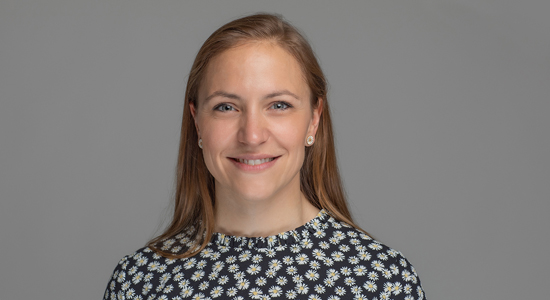Autzen Group – Molecular mechanisms of taste signalling, metabolic homeostasis and native nanodiscs
We aim to understand the molecular mechanisms involved in taste signalling and metabolic homeostasis, with a particular emphasis on developing new tools for detergent-free membrane protein purification.

The Autzen Group is focused on characterizing the activation and modulation of membrane proteins involved in taste signalling and metabolic homeostasis to delineate their basic function and their therapeutic and diagnostic potential. In extension, we are developing tools for detergent-free membrane protein purification to conserve native protein-lipid interactions.
We combine single-particle cryogenic electron microscopy (cryo-EM) for structural determination with biochemical, biophysical, and pharmacological methods for functional characterizations utilizing specialized equipment available within the Molecular and Translational Pharmacology research theme at the Department of Biomedical Sciences. We use SF9 and HEK293 cell lines for protein production in addition to bacteria for smaller, soluble proteins, enzymes, and for upscaling DNA for transfections. We assess protein stability with high throughput size exclusion chromatography coupled to a fluorescence and PDA detector.
TASTE PERCEPTION
Sweet, umami, and bitter tastes allow us to enjoy homecooked meals, and Michelin star restaurants. However, taste perception is also tied to survival and helps our bodies identify toxins, maintain nutrition, and regulate gastrointestinal motility. We are characterizing the activation and modulation of membrane proteins involved in taste signalling to delineate their function as well as their therapeutic and diagnostic potential.
NEW TOOLS FOR MEMBRANE PROTEIN RESEARCH
Extracting integral membrane proteins from their lipid membranes remains the major bottleneck in their characterization in vitro. The extraction is typically carried out using detergents, meaning annular lipids or other, transiently associated cofactors are lost in the process. We are developing amphipathic copolymers as a tool for structural and functional characterization of integral membrane proteins from native and recombinant sources in what is coined “native nanodiscs”.
pH REGULATION IN ENDOSOMES
Like a fast-paced and interconnected highway, the endosomal trafficking system covers vast expanses inside our cells ensuring cargo is transported from the plasma membrane to the lysosome or recycled and transported back to the cell surface. Mutations in the proteins involved in the recycling system are implicated in debilitating neurodegeneration. We are characterizing secondary active transporters crucial for pH regulation in early and late endosomes to understand the molecular mechanisms underlying pH regulation in the endosomal trafficking system.
Group members
| Name | Title | Phone | |
|---|---|---|---|
| Ciara Frances Pugh | PhD Fellow | ||
| Céline Marie Brauer | Laboratory Technician | +4535322273 | |
| Deeqa Abdiwahid Abdi | Research Assistant | +4535334688 | |
| Henriette Elisabeth Autzen | Associate Professor | +4535334845 | |
| Konstantina Epitropaki | PhD Fellow | +4535322583 | |
| Lukas Peter Feilen | Postdoc Marie Curie | +4535328475 | |
| Maria Francesca Vicino | Postdoc | +4535333751 | |
| Neil Jean Borthwick | External, Ph.d Student |

